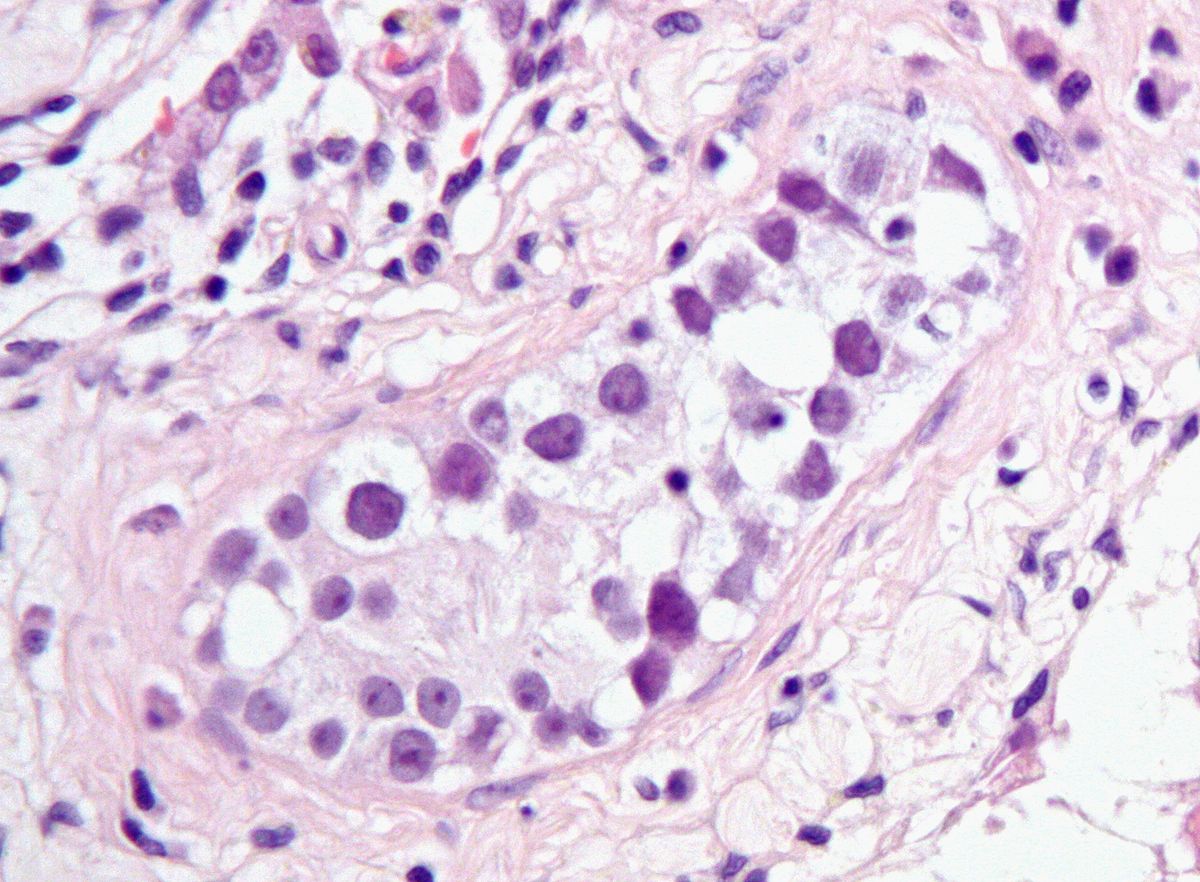
Immunotherapy: a revolution in the fight against cancer
Clinical studies have shown that immunotherapy can prolong survival in patients with cancer
The fight against cancer has seen in recent years an exceptional protagonist: immunotherapy. This therapeutic approach, which aims to strengthen the body’s natural defenses, is rewriting the rules of play in the treatment of numerous neoplasms.
How does immunotherapy work?
Our immune system is a complex network of cells and molecules that defends us from infections. The tumour is able to evade these defences by hiding or inhibiting the immune response. Immunotherapy works on this front, “waking” the immune system and making it able to recognize and attack cancer cells.
Promising results
The results obtained with immunotherapy are very encouraging. Large-scale clinical studies have shown that immunotherapy can significantly prolong survival in patients with even very advanced and aggressive tumors, such as melanoma, non-small cell lung cancer, renal carcinoma and some lymphomas.
Why does immunotherapy work so well?
The effectiveness of immunotherapy is linked to several factors:
- Specificity: Unlike chemotherapy and radiotherapy, which indiscriminately attack all rapidly dividing cells, immunotherapy focuses specifically on cancer cells, reducing side effects
- Duration: Immunotherapy may induce a lasting response, even after discontinuation of treatment. This is due to the fact that the immune system “remembers” the cancer cells and continues to attack them even in the long term
- Synergistic potential: Immunotherapy can be combined with other therapies, such as chemotherapy or radiotherapy, to enhance the therapeutic effect
The challenges to be faced
Despite promising results, immunotherapy still has some challenges:
- Resistance: Not all patients respond to therapy and some may develop resistance over time
- Side effects: Although generally well tolerated, immunotherapy can cause side effects such as fatigue, fever and thyroid problems
- Cost: Immunotherapy is an expensive therapy, which limits access for many patients
Research in continuous evolution
Immunotherapy is a breakthrough in the fight against cancer. This is a constantly evolving research which offers new hope to many patients. This therapy has paved the way for a future where cancer can be increasingly controlled and cured. However, it is crucial to continue investing in research to overcome the challenges that remain and make this therapy accessible to all patients who need it.
Sources and images


